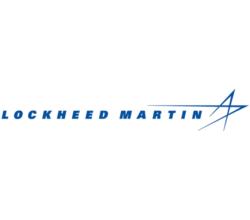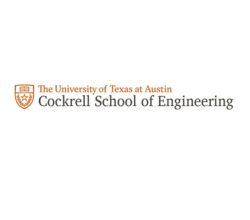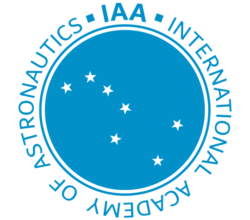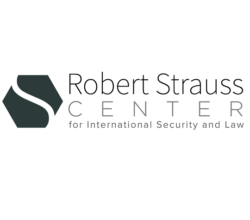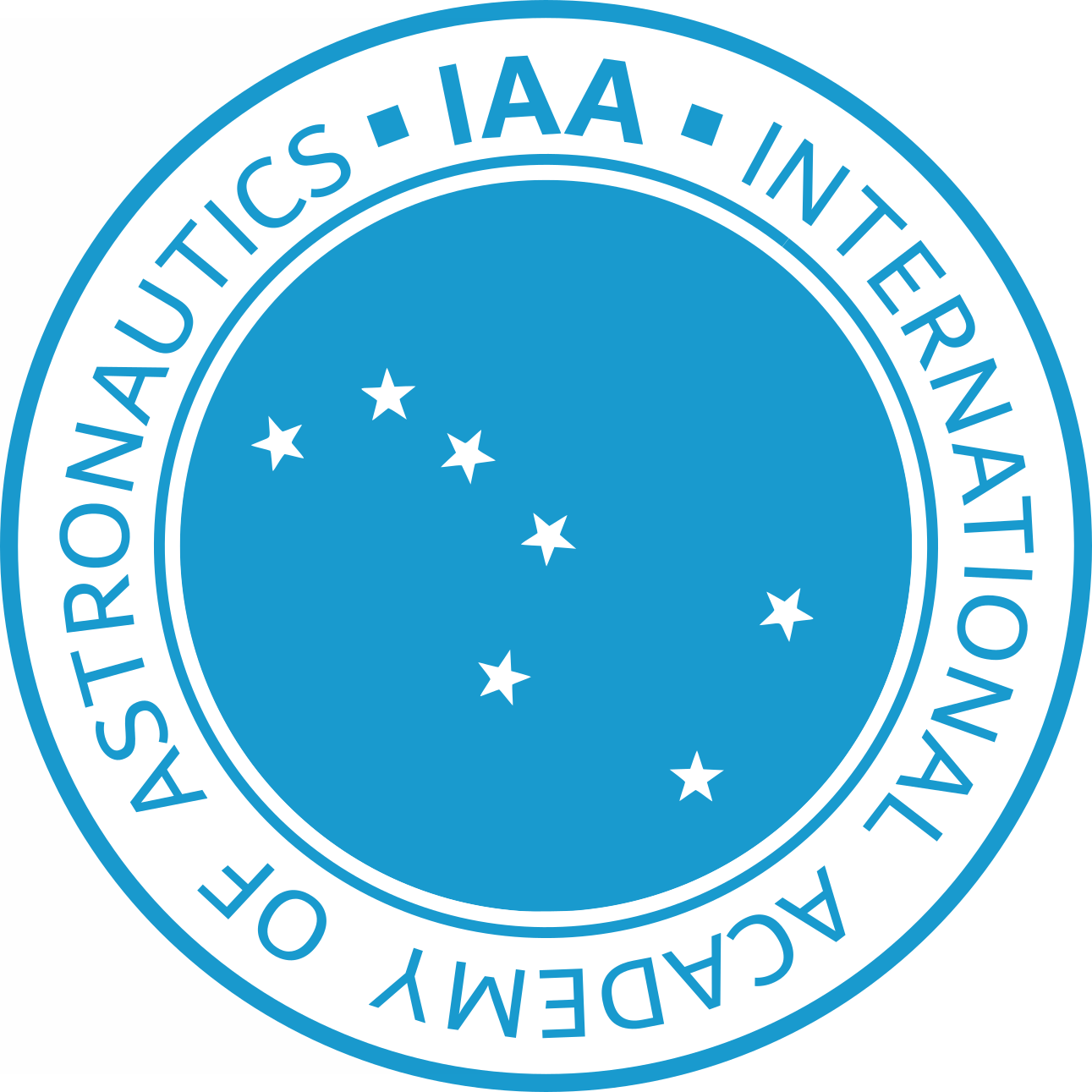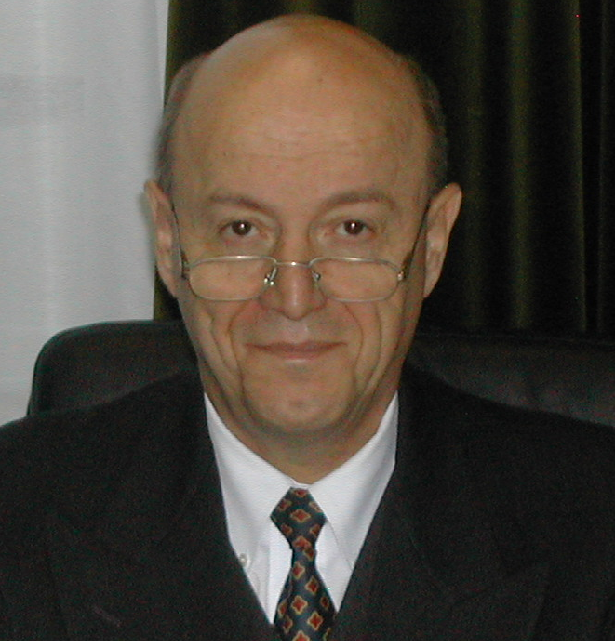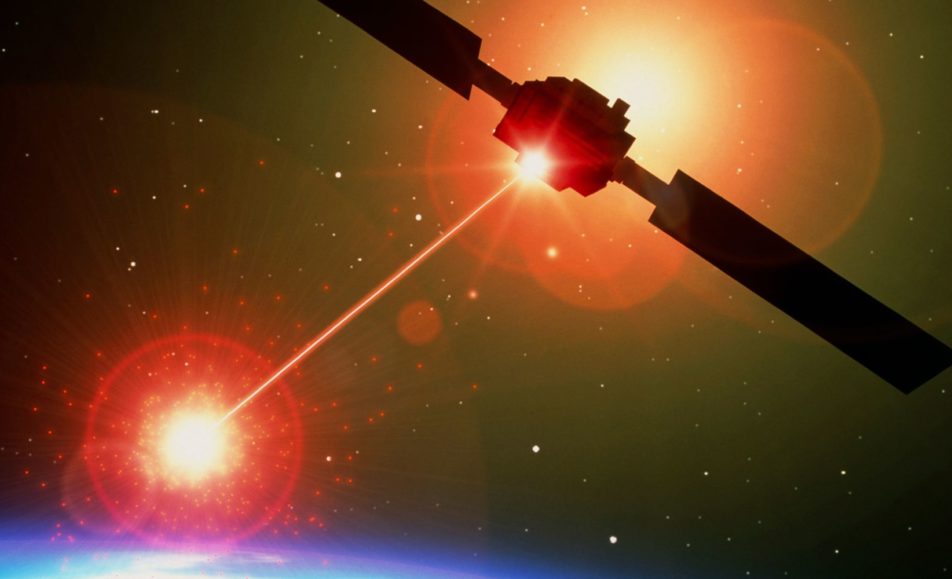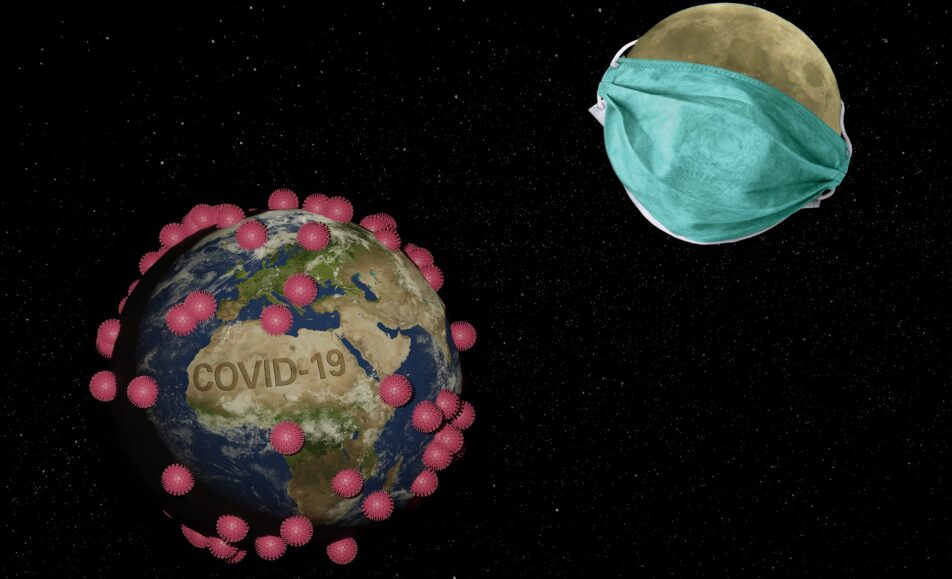The Space Security and Safety (SSS) Program at The University of Texas at Austin’s Strauss Center and the Cockrell School of Engineering, in partnership with the International Academy of Astronautics (IAA) and Lockheed Martin, will hold the 7th annual Space Traffic Management conference, “Trust, But Verify: Incentivizing Compliance Through Shared Monitoring and Assessment.” The conference will take place virtually via Zoom webinar on Tuesday, January 26, 2021, and Wednesday, January 27. The conference is being organized by SSS Program Lead Dr. Moriba Jah, and non-resident SSS scholar Dr. Diane Howard.
This year’s conference, held virtually from 8 am – 12 pm CST, will begin with a 45-minute keynote and be followed by three 45-minute moderated panels with a Q&A each day.
Experts from all over the world will virtually gather to discuss and exchange ideas on space traffic management. Technical sessions will range from topics including: Range Management, Airspace/Orbital Space Integration, Space Safety, Security, and Sustainability, Space Environment Effects and Impacts, and Related Issues (see the list at the bottom of the page for the areas breakdown).
Registration is required. Please note you must have a Zoom account and login to Zoom with the same email address you used to register. Students may register for free, but must be sure to register and login to Zoom using their .edu address.
For video and audio of last year’s conference, please visit here.
Key Dates
October 30, 2020: Call for Papers
January 08, 2021: Abstract submission deadline
December 18, 2020: Registration opens (please see Registration below)
December 28, 2020: Final abstracts selected and invitations extended
January 15, 2021: Preliminary program available
January 18, 2021: Draft papers due and published to IAA’s website
January 26-27, 2021: Conference
Venue
This year’s conference will be held virtually via a Zoom webinar. Please note that you must use the Zoom account with the email address you registered with on the IAA website to be able to log in to this webinar.

STM 2021 Call for Papers is available (pdf version).
Papers are solicited, aligned with this year’s theme, in the areas listed below:
1. Range Management
a. Commercial, Civil, and Military Range Safety Continuity
b. Security issues including cyber
c. Range Technology Modernization
2. Airspace/Orbital Space Integration
a. High Altitude Balloon impact upon the Airspace
b. Impacts of Microsatellites upon the Airspace
c. Integration of Air Traffic and Space Traffic Control Systems
d. Communication Standards for Space Traffic
3. Space Safety and Sustainability
a. Anthropogenic Space Object Taxonomy and Classification to Aid Regulation and Space Traffic Management
b. Space debris remediation, mitigation, and SSA technologies
c. Unique Anthropogenic Space Object Identification and how to achieve it
d. Space Object and Event Data Curation, Sharing, and Exploitation
e. Multi-Source Information Fusion, Artificial Intelligence, and Machine/Deep Learning
f. Spacecraft Anomalies, Mission Assurance, and Causal Relationships
g. Impacts upon spectrum management and Radio Frequency Interference (RFI)
h. Monitoring Space Object and Event Behaviors (including assessing compliance)
i. Decision-making with incomplete and biased information
j. International initiatives
4. Security
a. UN Prevention of an Arms Race in Outer Space (PAROS) and the Conference on Disarmament
b. Military Uses of Outer Space
c. Dual-Use and Multi-Use Technology Challenges
d. Commercialisation of military space services
e. Defining “attack” or “use of force” in space
f. Counterspace capabilities
g. Verification in space
h. Anti-satellite testing and demonstrations
i. Electronic warfare in space
j. Cyber and space security challenges
k. Dedicated military space agencies (space force, space corps)
l. International initiatives
m. National space defence policies
n. International humanitarian law in space
5. Space Environment Effects and Impacts
a. Resultant Anthropogenic Space Object Behavior and Discovering These from Big Data
b. Launch and Space Flight Meteorology
c. Space Weather forecasting
6. Related Issues
a. Role of human factors in STM
b. Industry’s role
c. Industry requirements
d. International initiatives and concerns
e. Standards inflection points and development
Preliminary program is available.
under construction
under construction
All media needs to be accredited to access the venue center. A link to media accreditations will be provided.
Find the leaflet including topic areas for papers...
STM 2021 Call for Papers is available (pdf version).
Papers are solicited, aligned with this year’s theme, in the areas listed below:
1. Range Management
a. Commercial, Civil, and Military Range Safety Continuity
b. Security issues including cyber
c. Range Technology Modernization
2. Airspace/Orbital Space Integration
a. High Altitude Balloon impact upon the Airspace
b. Impacts of Microsatellites upon the Airspace
c. Integration of Air Traffic and Space Traffic Control Systems
d. Communication Standards for Space Traffic
3. Space Safety and Sustainability
a. Anthropogenic Space Object Taxonomy and Classification to Aid Regulation and Space Traffic Management
b. Space debris remediation, mitigation, and SSA technologies
c. Unique Anthropogenic Space Object Identification and how to achieve it
d. Space Object and Event Data Curation, Sharing, and Exploitation
e. Multi-Source Information Fusion, Artificial Intelligence, and Machine/Deep Learning
f. Spacecraft Anomalies, Mission Assurance, and Causal Relationships
g. Impacts upon spectrum management and Radio Frequency Interference (RFI)
h. Monitoring Space Object and Event Behaviors (including assessing compliance)
i. Decision-making with incomplete and biased information
j. International initiatives
4. Security
a. UN Prevention of an Arms Race in Outer Space (PAROS) and the Conference on Disarmament
b. Military Uses of Outer Space
c. Dual-Use and Multi-Use Technology Challenges
d. Commercialisation of military space services
e. Defining “attack” or “use of force” in space
f. Counterspace capabilities
g. Verification in space
h. Anti-satellite testing and demonstrations
i. Electronic warfare in space
j. Cyber and space security challenges
k. Dedicated military space agencies (space force, space corps)
l. International initiatives
m. National space defence policies
n. International humanitarian law in space
5. Space Environment Effects and Impacts
a. Resultant Anthropogenic Space Object Behavior and Discovering These from Big Data
b. Launch and Space Flight Meteorology
c. Space Weather forecasting
6. Related Issues
a. Role of human factors in STM
b. Industry’s role
c. Industry requirements
d. International initiatives and concerns
e. Standards inflection points and development
Find the submission process including templates and info regarding the student competition...
Abstract Submission
Abstracts of up to 250 words are invited to apply and must include the precise title of the paper, the topic area of interest, the author’s full name and affiliation, and complete contact information including an email address. The language of the conference is English. Technical paper abstracts in the areas described above or related to Space Traffic Management will be accepted electronically through the conference email iaastm@iaamail.org beginning November 2nd, 2020. Please be sure to designate the topic area your paper addresses (see topics listed below). The deadline for receipt of abstracts is January 08, 2021.
The abstract template is available here.
1. Range Management
a. Commercial, Civil, and Military Range Safety Continuity
b. Security issues including cyber
c. Range Technology Modernization
2. Airspace/Orbital Space Integration
a. High Altitude Balloon impact upon the Airspace
b. Impacts of Microsatellites upon the Airspace
c. Integration of Air Traffic and Space Traffic Control Systems
d. Communication Standards for Space Traffic
3. Space Safety and Sustainability
a. Anthropogenic Space Object Taxonomy and Classification to Aid Regulation and Space Traffic Management
b. Space debris remediation, mitigation, and SSA technologies
c. Unique Anthropogenic Space Object Identification and how to achieve it
d. Space Object and Event Data Curation, Sharing, and Exploitation
e. Multi-Source Information Fusion, Artificial Intelligence, and Machine/Deep Learning
f. Spacecraft Anomalies, Mission Assurance, and Causal Relationships
g. Impacts upon spectrum management and Radio Frequency Interference (RFI)
h. Monitoring Space Object and Event Behaviors (including assessing compliance)
i. Decision-making with incomplete and biased information
j. International initiatives
4. Security
a. UN Prevention of an Arms Race in Outer Space (PAROS) and the Conference on Disarmament
b. Military Uses of Outer Space
c. Dual-Use and Multi-Use Technology Challenges
d. Commercialisation of military space services
e. Defining “attack” or “use of force” in space
f. Counterspace capabilities
g. Verification in space
h. Anti-satellite testing and demonstrations
i. Electronic warfare in space
j. Cyber and space security challenges
k. Dedicated military space agencies (space force, space corps)
l. International initiatives
m. National space defence policies
n. International humanitarian law in space
5. Space Environment Effects and Impacts
a. Resultant Anthropogenic Space Object Behavior and Discovering These from Big Data
b. Launch and Space Flight Meteorology
c. Space Weather forecasting
6. Related Issues
a. Role of human factors in STM
b. Industry’s role
c. Industry requirements
d. International initiatives and concerns
e. Standards inflection points and development
Information on virtual conference
Zoom Information
You may use your web browser or install the Zoom software for free.
Information to apply for sponsorship...
Sponsorship Information
Please contact us at
iaastm@iaamail.org
Online registration link
Registration
Registration is required. Please note you must have a Zoom account and login to Zoom with the same email address you used to register.
Students may register for free but must be sure to register and login to Zoom using their .edu address.
Please register at: https://iaaspace.org/product-category/events/conference/stm/
